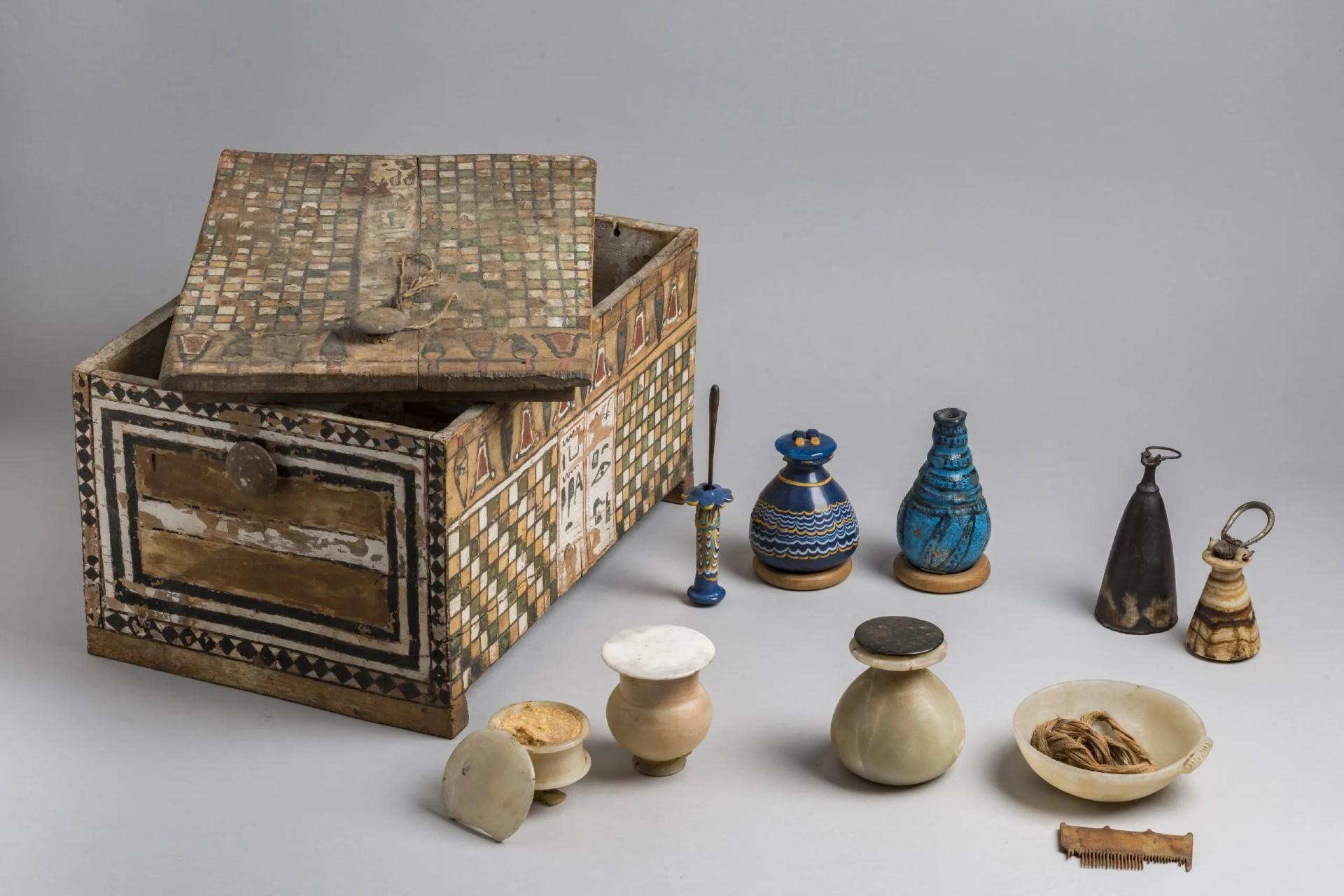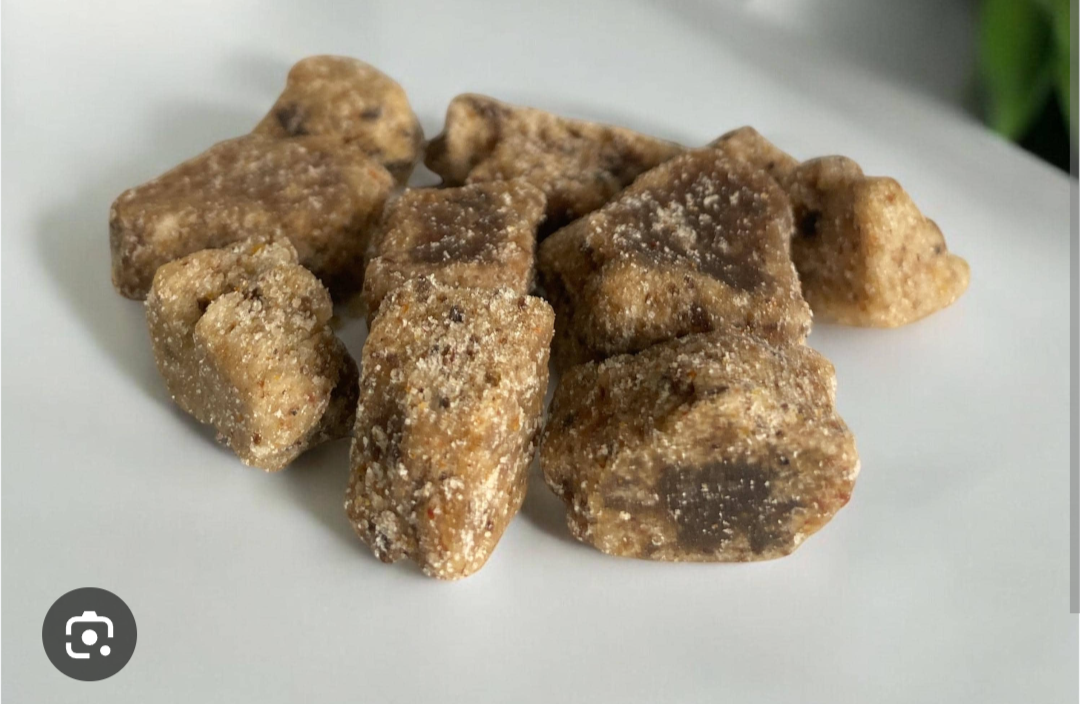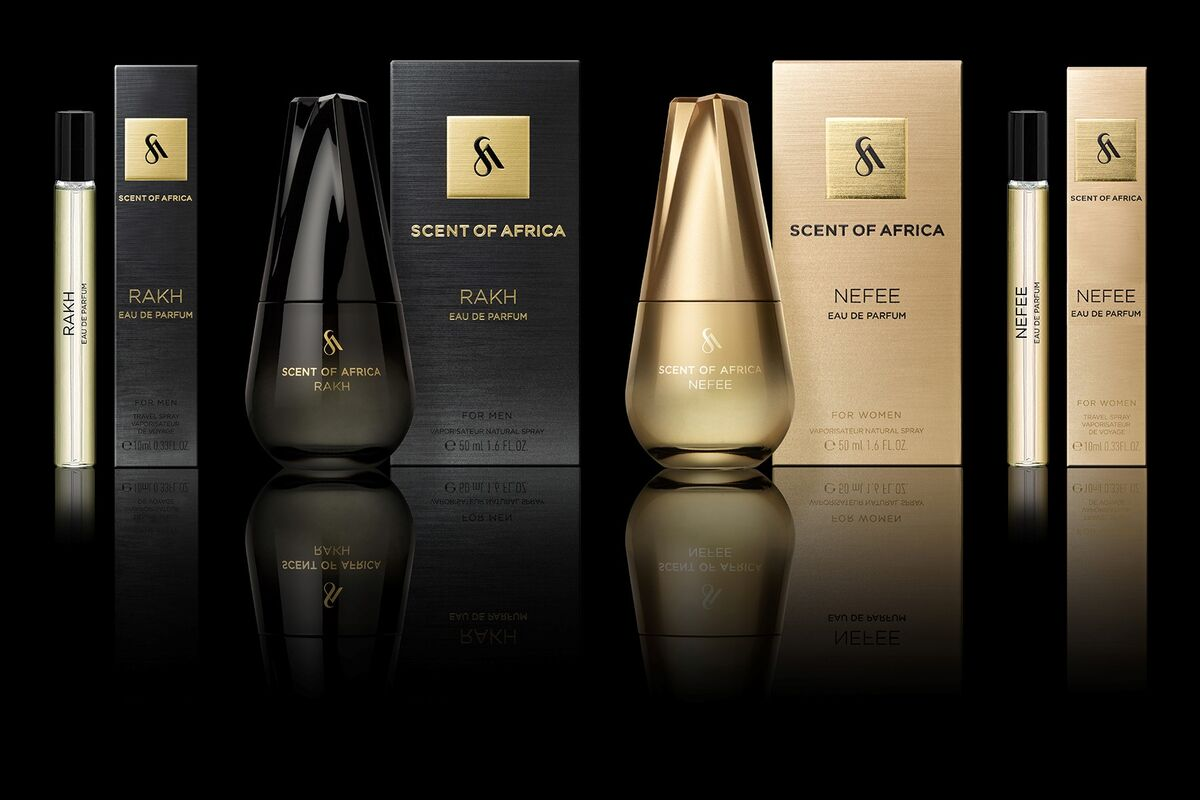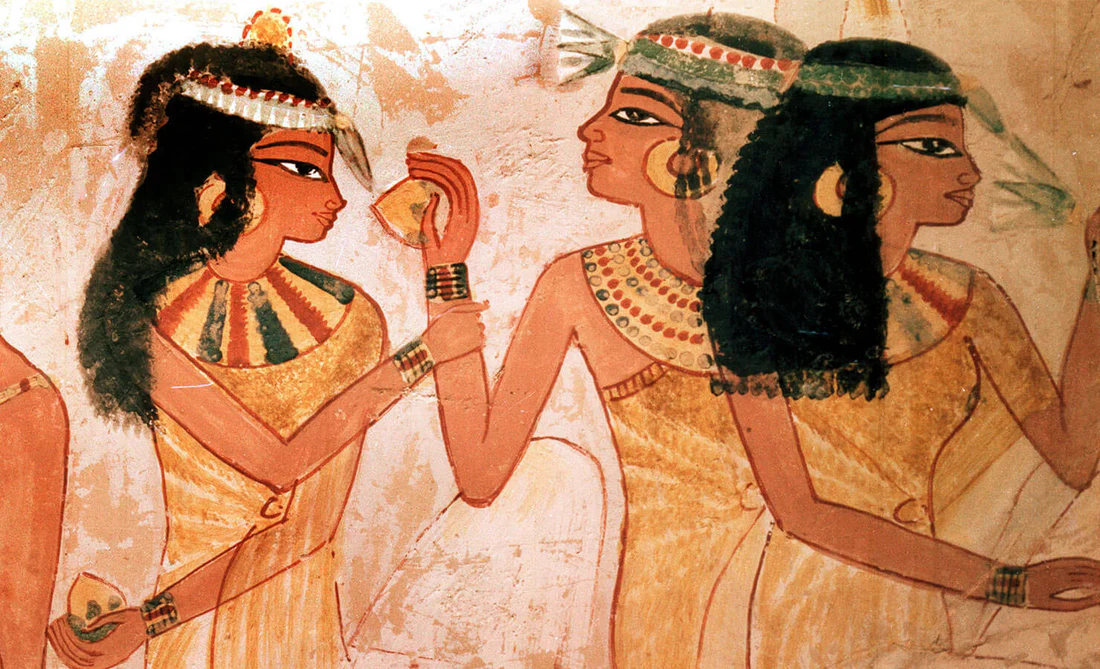The Lost Scents of Africa

The Fragrance of Memory
Long before perfumed bottles gleamed on African shop shelves, the air was already saturated with its own perfumes, unprocessed, spiritual, and personal. Think of Somali frankincense, thick with tradition, or Northern Nigeria's floral, heavy oils. Perfume was not just about smelling fine; it was how individuals said who they were, what they prayed to, and how they celebrated beauty. Scents spoke their own language.
Back then, important moments carried their own signature smells. Brides in Sudan and Ethiopia walked into marriage surrounded by the warmth of myrrh and sandalwood. Yoruba traders in ancient Oyo rubbed on (osun) camwood. Sure, they used them for trade, but these oils also played a part in rituals, little acts of cleansing and renewal. The Tuareg in the Sahara? They’d perfume their clothes with incense made from wild desert herbs, blending sophistication with spiritual protection. Every region had its own recognizable scent, the smell of home.

But things changed. Colonialism and modern tastes swept through, and the old fragrances slipped into the background. European perfumes—with their sharp, synthetic notes and fancy branding—started to take over. Suddenly, imported colognes were the mark of sophistication. The old scents got pushed aside, dismissed as outdated or old-fashioned. Global corporations ran the perfume industry, leaving hardly any space for Africa’s own traditions.
And with that shift, something deeper faded too, a whole sensory link to the past. Smell plays a special role: it evokes memories in a flood. Through fragrance, people remember childhood traditions, holidays, moments of prayer or celebration. When those fragrances disappear, so does a piece of emotional history, a kind of hidden vault of identity has disappeared.
But now, there is movement once again. Artists and businesspeople across Africa are reviving the continent's perfume traditions from ancient times, remixing them for today's world. They're not always trying to sell something. They're reclaiming a lost art, one fragrance at a time.
Rediscovering the Aromatic Heritage
Walk through Somaliland at dusk and you’ll catch the scent of uunsi, incense made from frankincense and myrrh, just like it was centuries ago when East Africa played a major role in the ancient perfume trade. Women still burn it in their homes, letting the smoke cling to clothes and drift through rooms. Over in Senegal and Mali, thiouraye—a mix of wood chips, herbs, and oils—fills the air, too. It is not just lit for the fragrance; it is loved for spirit, for prettiness, and the family secrets in every blend, transmitted from generation to generation in hushed recipes.
Now, modern African perfumers are picking up on these old ways and making them new. In Lagos, you’ll find niche brands working out and shea butter into perfumes with local flair, standing toe-to-toe with anything out of Paris. Nairobi’s scent makers lean into what grows nearby: lemongrass, baobab oil, hibiscus. Their fragrances feel rooted, sustainable, real. Going back to natural, small-batch scents isn’t only about the environment, it’s a way of reclaiming culture.

Something else is brewing, especially in North and East Africa. The art of layering scents—blending oils and incense to create something personal—has caught on with younger folks. Social media’s all over it. Influencers film themselves making incense or mixing body oils from whatever’s at hand, turning old rituals into something fresh and shareable.
Museums and galleries are paying attention too. Cape Town’s “Perfume and Power: The Scents of Africa” and Addis Ababa’s “Incense Routes” both dug into how fragrance shaped trade, spirituality, and beauty for centuries. Historians remind us: perfumery once mattered to Africa’s global identity as much as gold or ivory. Rediscovering this story pushes back against the idea that Africa just exported raw stuff and not refined art.

But there's not all honey. Some of the most critical ingredients—like frankincense—are truly threatened by overuse and global warming. Frankincense trees are rapidly vanishing in Somalia and Eritrea as humans over-tap them. To maintain the smell heritage of Africa is to maintain the soil and trees that enable it.
The Scent of Identity and the Future of Fragrance
Traditional African scents are making a comeback, and honestly, it’s about a lot more than nostalgia. It’s about changing how Africa smells to itself, and how the world experiences that, too. For so long, Western perfume houses snapped up African treasures like myrrh, benzoin, or civet, turned them into pricey perfumes, and barely bothered to mention where those scents came from. The rituals? The stories? The real people behind those fragrances? They got left out.
History
Rewind the Stories that Made Africa, Africa
A Journey Through Time, Narrated with Insight.
But things are shifting. African perfumers and historians are stepping up, taking back the story, and owning it for themselves.
Talk to any of these new African scent-makers and you’ll find out: they don’t just see themselves as perfumers. They’re storytellers, painting with scent. Ghana’s Abena Koranteng says every fragrance she makes carries “a memory of soil, of prayer, of home cooking.” Nigerian entrepreneur Amina Lawal describes her camwood and hibiscus oil blend as more than just perfume; for many, it brings back memories of their grandmother’s room. For them, scent is personal, way bigger than just business.
And you know what? This revival is what the world craves today. People are tired of same-old mass-produced crap. They're looking for things that are authentic, things made by hand, made responsibly, connected to a place and a story. They’re after things that feel real, handmade, ethical, tied to a place and a story. Africa’s way of making perfume, using natural ingredients, traditional methods, fits that perfectly. The global fragrance industry is hungry for new stories, fresh perspectives, and all eyes are turning to Africa, with Africans finally telling their own stories.
But scent isn’t just another product to sell. It's becoming a whole new language. Artists in cities such as Dakar, Addis Ababa, and Cairo are using smells in installations to tackle issues of migration, memory, and belonging. Sometimes a smell just says more than any words possibly could.

And so when creatives talk of "The Lost Scent of Africa," it's not just an allusion to lost perfumes or incense. It's a call to rediscovery by smell. African creatives are diving into fragrance as an art form and telling all of us: identity is not just what you sense or say, it's also what you smell. Africa's future will not be just scripted in its music, art, or fashion. It’ll hang in the air, carried by the unmistakable fragrances that hold its history and push it forward.
You may also like...
Super Eagles Fury! Coach Eric Chelle Slammed Over Shocking $130K Salary Demand!
)
Super Eagles head coach Eric Chelle's demands for a $130,000 monthly salary and extensive benefits have ignited a major ...
Premier League Immortal! James Milner Shatters Appearance Record, Klopp Hails Legend!

Football icon James Milner has surpassed Gareth Barry's Premier League appearance record, making his 654th outing at age...
Starfleet Shockwave: Fans Missed Key Detail in 'Deep Space Nine' Icon's 'Starfleet Academy' Return!

Starfleet Academy's latest episode features the long-awaited return of Jake Sisko, honoring his legendary father, Captai...
Rhaenyra's Destiny: 'House of the Dragon' Hints at Shocking Game of Thrones Finale Twist!

The 'House of the Dragon' Season 3 teaser hints at a dark path for Rhaenyra, suggesting she may descend into madness. He...
Amidah Lateef Unveils Shocking Truth About Nigerian University Hostel Crisis!

Many university students are forced to live off-campus due to limited hostel spaces, facing daily commutes, financial bu...
African Development Soars: Eswatini Hails Ethiopia's Ambitious Mega Projects

The Kingdom of Eswatini has lauded Ethiopia's significant strides in large-scale development projects, particularly high...
West African Tensions Mount: Ghana Drags Togo to Arbitration Over Maritime Borders

Ghana has initiated international arbitration under UNCLOS to settle its long-standing maritime boundary dispute with To...
Indian AI Arena Ignites: Sarvam Unleashes Indus AI Chat App in Fierce Market Battle

Sarvam, an Indian AI startup, has launched its Indus chat app, powered by its 105-billion-parameter large language model...
